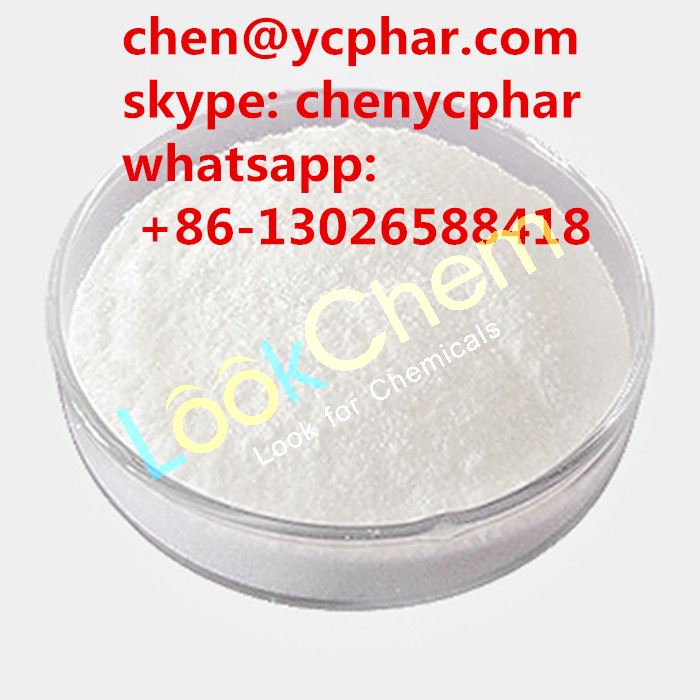AICAR (Acadesine)
Product Name Acadesine
Alias AICAR; AICA-RIBOSIDE; AMPK; Z-RIBOSIDE
Assay 99%
CAS Registered No. 2627-69-2
EINECS 220-097-5
Molecular Formula C9H14N4O5
Molecular Weight 258.23
Apperance White or off-white powder
Usage Pharmaceutical intermediates. For the treatment of cardiovascular diseases
What is AICAR
AICAR is a cell permeable activator of AMP-activated protein kinase (AMPK), a metabolic master regulator that is activated in times of reduced energy availability (high cellular AMP:ATP ratios) and serves to inhibit anabolic processes. In vivo, pharmacologic activation of AMPK with AICAR mimics exercise and triggers insulin-independent glucose uptake by skeletal muscle.
AMP-activated protein kinase (AMPK) functions as a metabolic sensor that regulates lipid and glucose metabolism to maintain cellular energy homeostasis and to protect against metabolic stress.AICAR is a selective activator of AMPK in both hepatocytes and adipocytes. At 0.5 mM it inhibits the synthesis of fatty acids and sterols and inactivates HMG-CoA reductase in rat hepatocytes.AICAR (0.5 mM) inhibits insulin-stimulated glucose uptake to 62% of controls and reduces GLUT4 translocation 2.5-fold in 3T3-L1 adipocytes. It also blocks the expression of pro-inflammatory cytokines, iNOS, COX-2, and MnSOD genes in glial cells and macrophages by inhibiting NFKB and C/EBP pathways.
Cell-permeable, allosteric activator of AMP-activated protein kinase (AMPK). Augments proliferation, differentiation and mineralization of osteoblastic MC3T3-EI cells and attenuates psychosine-induced expression of proinflammatory cytokines and iNOS in astrocytes. Promotes osteogenic differentiation of hAMSCs and BM-MSCsin vitro.
What is the result after using it
Acadesine has proven intravenous efficacy in the amelioration of ischaemic reperfusion injury associated with coronary artery bypass graft surgery in Phase III clinical trials. Acadesine is active only in metabolically stressed tissues in the presence of ATP catabolism and therefore has fewer unwanted peripheral side effects than systemic administration of adenosine. Metabolism of the drug is through the endogenous purine pathway and acadesine has been proven to be safe and well tolerated. More recently, acadesine has entered Phase I trials for B-cell chronic lymphocytic leukaemia to compete with purine antagonists that are used at present. AMPK-activating agents with high oral bioavailability have potential application in impaired glucose tolerance, insulin resistance and types 1 and 2 diabetes, however the poor oral bioavailability of acadesine precludes such application.


![]() China (Mainland)
China (Mainland)